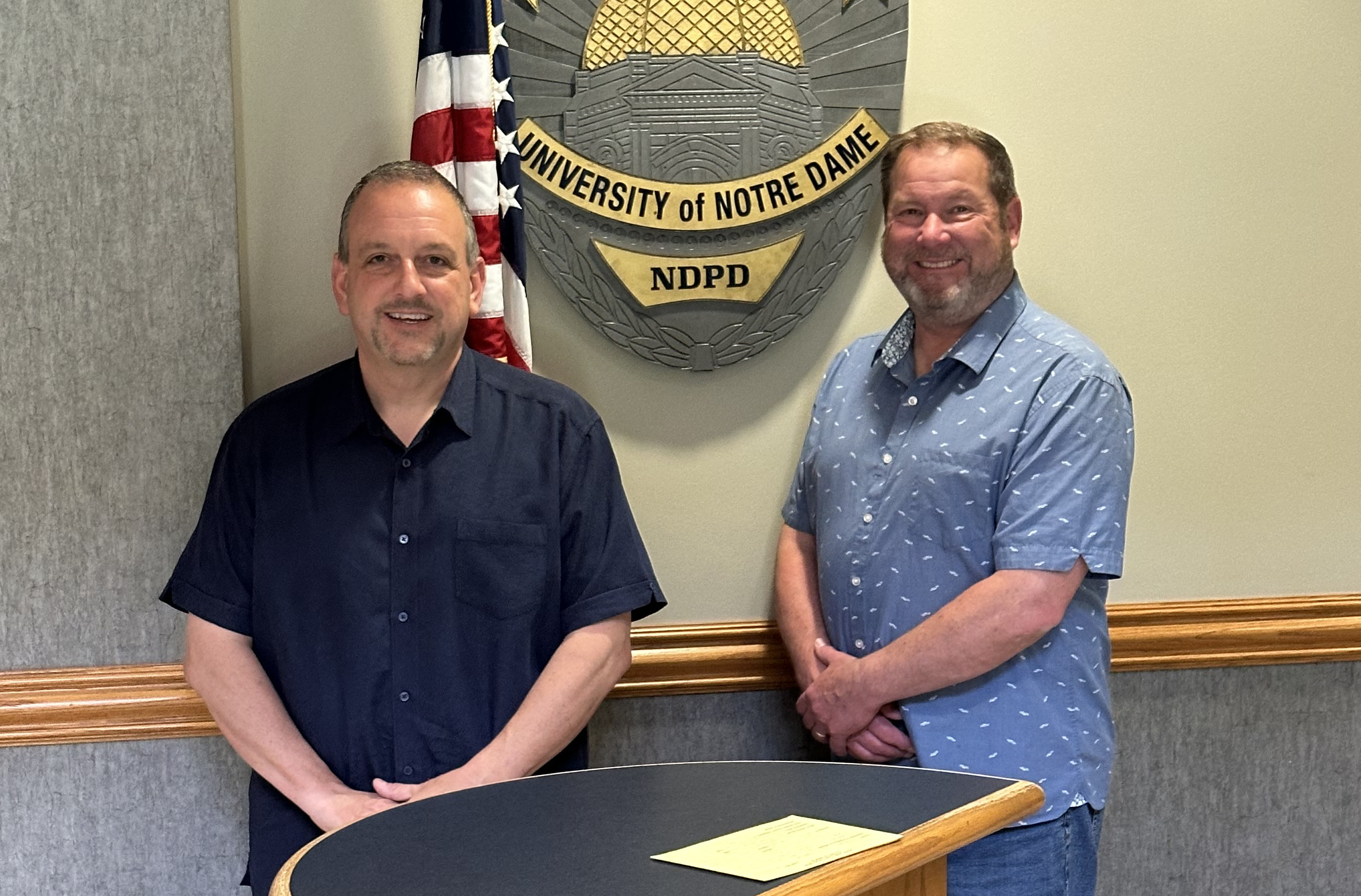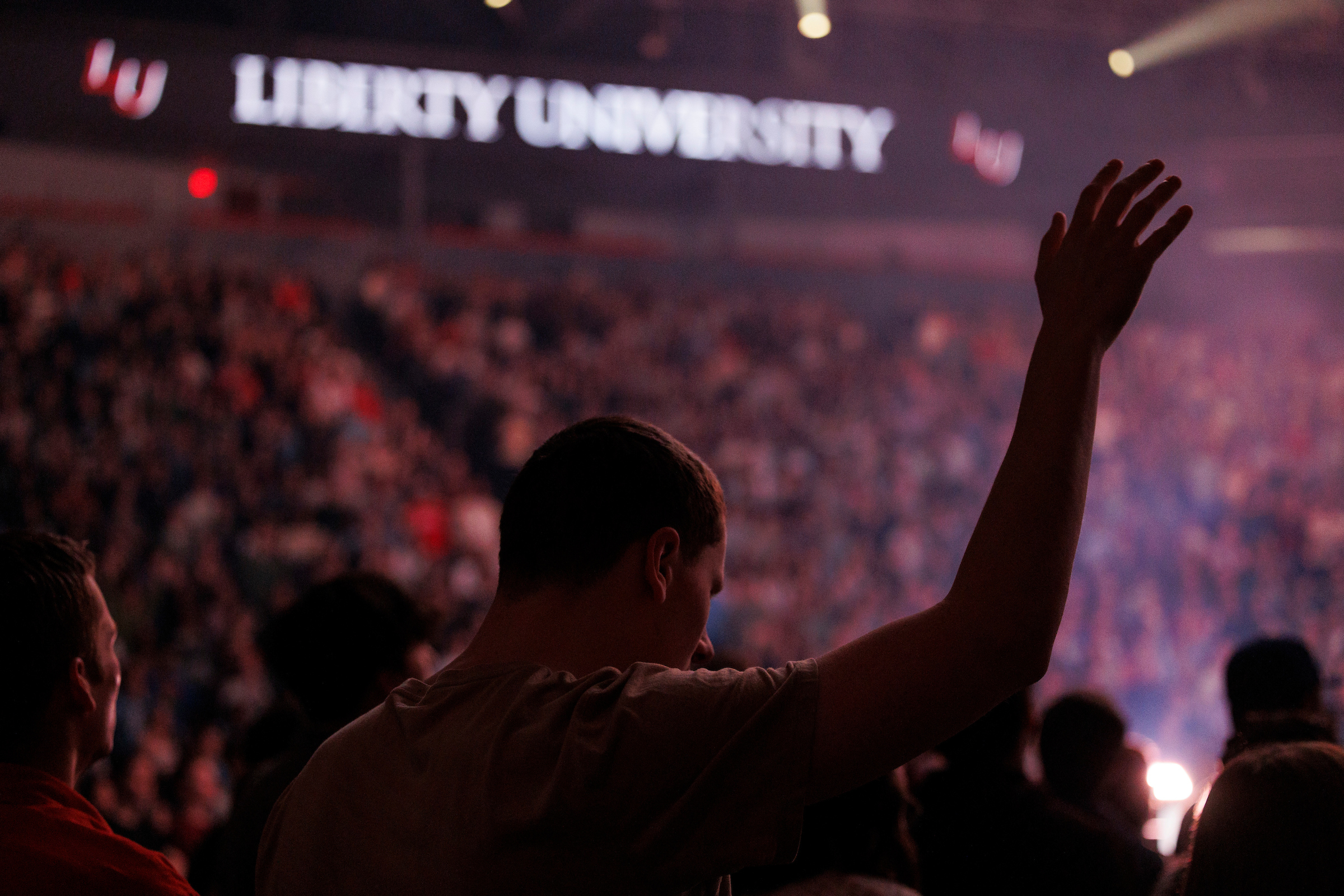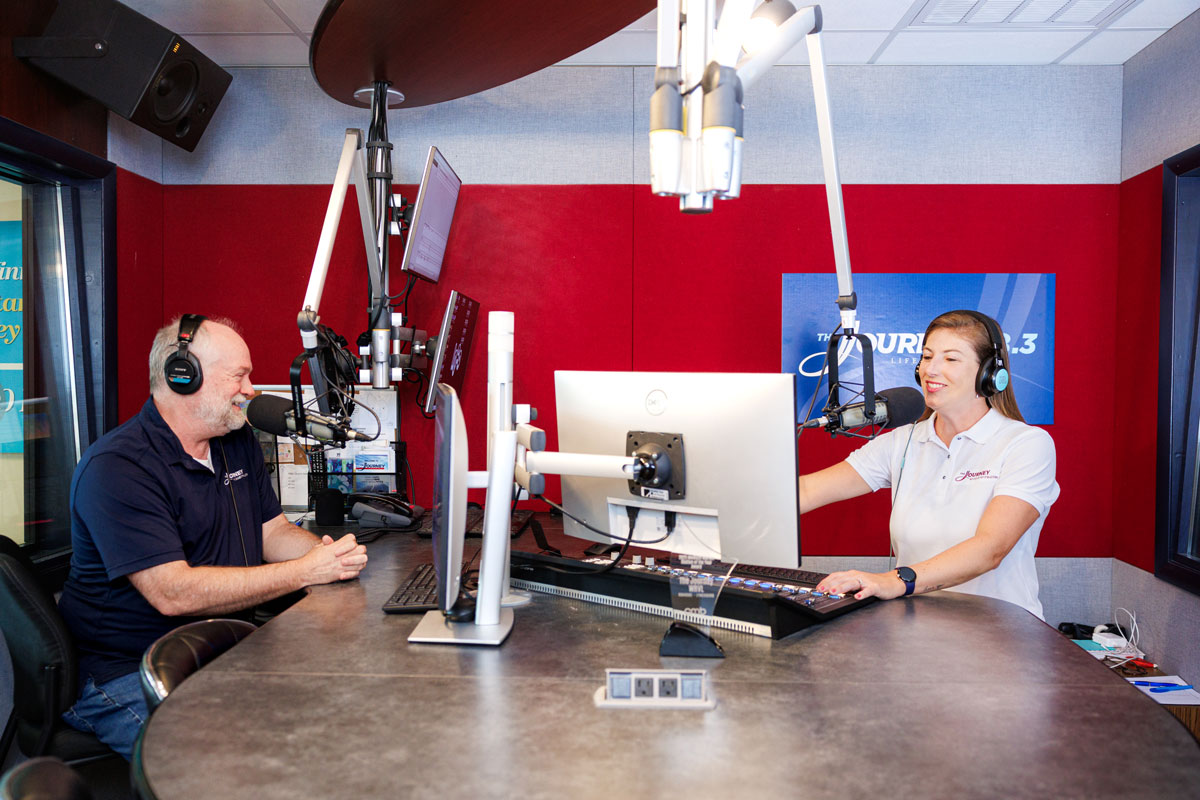Search News Archives
Filter News Articles
Additional Navigation
Projects push forward as cooperation grows with local governments
April 26, 2013 : By Liberty University News Service

As enrollment figures have climbed at Liberty University in the past decade — to more than 12,600 residential students today — strengthening relationships with local governments and businesses has become even more essential to meet the needs of an area that has quickly turned into a thriving college town.
“All our colleges are growing,” said Lynchburg City Council member Joan Foster, former mayor. “It’s good to have all these college students. That’s a lot of young people in our community.”
Because of this influx, Lynchburg’s median age is 35 years old, she said.
“When you have an explosion in the number of students, you have to be prepared for that, you have to have a plan,” Foster said. “It is an exciting time. When you’re growing and prospering that is what I want for my community always.”
Chancellor Jerry Falwell, Jr. has taken an active role in meeting with Foster and other government officials and business leaders. Most recently, he addressed them at the annual dinner of the Region 2000 Local Government Council, where he spoke about the improved relations, including progress on a proposed regional civic center.
A previous feasibility study showed Liberty’s involvement in a publicly managed civic center that would serve Lynchburg and surrounding counties would be essential to the project’s economic viability.
The matter gained more attention when Liberty announced last year it had purchased the former Sears building at River Ridge Mall and proposed that the site be used as a civic center, and possibly a conference center and hotel.
Liberty would be a primary tenant of the civic center, which would provide the university with expanded seating capacity for its indoor athletics events and other university-sponsored functions.
“We hope this time it can be your facility and we can just be a tenant,” Falwell told the group. “We look forward to growing together.”
(View more news on the civic center proposal on WSET.com.)
Falwell also talked about plans for future development, such as restoring two islands it owns in the James River and on-campus construction of new academic and residential buildings, as ways the university is working to be a good neighbor and stay connected to the community.
With Liberty as an ally, Lynchburg area communities are reaping benefits, like improvements to major arterial highways, an enhanced inventory of recreational facilities, and budding cultural activities that come alongside the continuing development of a major four-year university.
“I think the relationship between Liberty and local governments in the region is an evolving one that is growing in parallel,” said Bryan David, executive director of the Region 2000 Economic Development Council. “In the past several years, Liberty, in addition to achieving its mission as a university, has simultaneously become an engine of our region’s economy. Because of that standing, Liberty has materially impacted all of our region’s local governments in a positive way. Higher education, in general, has a very positive influence on the region. Liberty is a very easy organization to work with.”
Campbell County Administrator David Laurrell is equally optimistic about the relationships between Liberty and the communities that surround it.
“Our working relationship with Liberty has always been great,” he said. “Liberty has a lot of really exciting things going on. The university is a great working partner with the community. I think Liberty’s presence has a positive economic impact on the area.”


